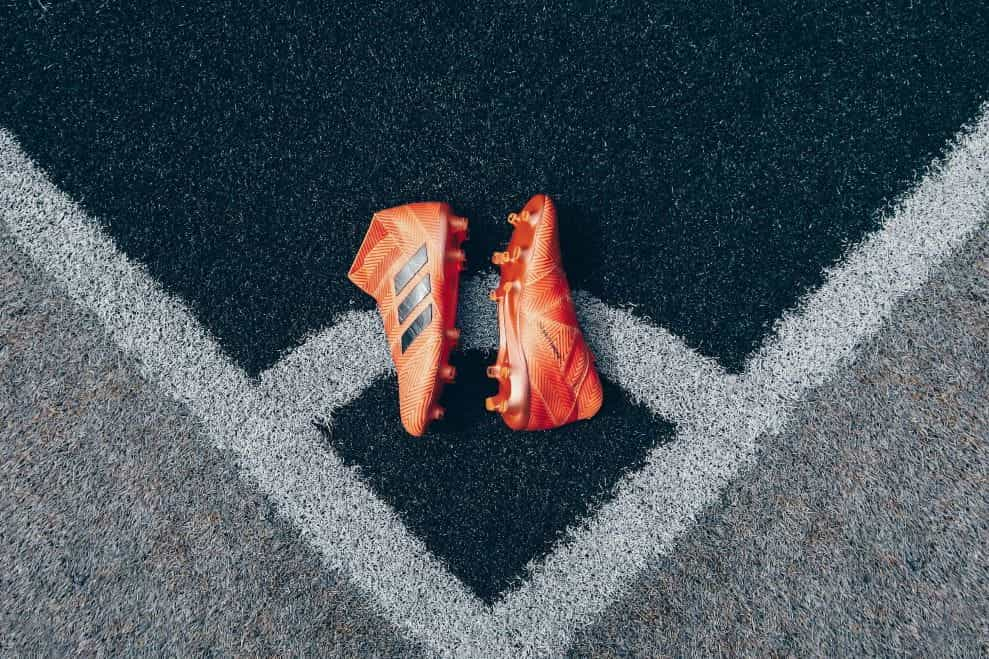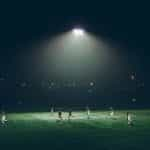Forty match-fixing instances reported to the Dutch Gambling Authority since regulation
Since the regulated gambling markets in the Netherlands went live, the country’s Gambling Authority, de Kansspelautoriteit (KSA), has received 40 reports that could possibly be directly related to match-fixing. These reports have been recorded during a 14-month period that started from October 01, 2021, until December 18, 2022. The regulator set up a reporting centre called the Sports Betting Intelligence Unit (SBIU) for detecting and reporting such instances of match-fixing.

A lot of the reports have revolved around professionals athletes betting on sports or matches that they’re actively involved in. ©Fachry Zella Devandra/Unsplash
Five out of eleven licensed online sports betting operators in the Netherlands contacted the SBIU during this period, every time a suspected match-fixing activity was detected in the Dutch market. The reports were further divided into two categories – unusual betting patterns and self-betting. Twelve cases were categorised under the unusual betting patterns, while the other 28 were all related to players or participants of a game or sport placing bets on themselves. Around 33 cases were reported between April and June of 2022.
The 12 cases of unusual betting patterns were all related to bets being placed on games or sports taking place in different countries and not in the Netherlands. Four sports were involved, with most wagers involving football. Eight unusual bets were reported related to football. Two of the total bets were related to tennis, and the remaining two were on table tennis and snooker. Out of the other 28 cases related to self-betting, only one involved a different country. The rest of them involved Dutch football. Six players from the Eredivisie (First division) were involved and 19 were from the Eerste Divisie (Second division).
Two players from the country’s highest amateur league, Tweede Divisie, brought the total up to 28. Among these 28 cases, a combination of bets were placed that included players betting on themselves and then going on to play the game, and bets which were placed on the outcome of games. However, this is not the first time such cases are being reported in the Netherlands. Match-fixing has been a concern in the country for many years, with several high-profile cases being reported in the past. In 2022, footballers Tom Beugelsdijk and Jordy Clasie were under the spotlight for allegedly engaging in sports betting. No evidence was found supporting the allegations against Beugelsdijk, while Clasie faced a two-game suspension after claiming his gambling account was accessed by his friends.
Past Instances of Match-Fixing in the Netherlands
In 2015, the Royal Dutch Football Association (KNVB) announced that a Dutch professional football match was officially considered fixed for the first time in history after a thorough investigation was conducted by the body’s own Integrity Unit. This investigation came after the renowned Dutch newspaper De Volkskrant published a piece that spoke of manipulation of the matches of Eredivisie team Willem II. According to the report, Willem II’s match against Ajax in October 2009 and one against Feyenoord in December 2009 were fixed. In what was considered a bizarre turn of events at the time, the Integrity Unit of the KNVB did not extract evidence supporting the manipulation of the aforementioned games but ruled that Willem II’s Eredivisie clash with FC Utrecht in August 2009 was fixed.
The match-fixing fiasco in the Netherlands is not limited to football. Two unusual betting patterns were noted in the recent findings in tennis, but this is not the first time that has happened. Apart from unusual wagers, there have been a couple of instances where a player and a coach from the Netherlands have been involved in the activity and have been penalised for it.
In 2013, Yannick Ebbinghaus was slapped with a $10,000 fine and faced a six-month suspension after the Dutch tennis player admitted that he had violated Article D.1.a of the 2013 Uniform Tennis Anti-Corruption Program. The section clearly forbade players, coaches, and other covered individuals from placing bets on tennis matches of any competition. In July 2022, Dutch tennis coach Max Wenders was handed a 12-year ban by the International Tennis Integrity Agency (ITIA) after he was found guilty of multiple match-fixing charges. The Dutchman also destroyed the evidence that was requested during the investigation by the ITIA.
The Authority’s fight against the issue
Despite not having a statutory role in the fight against match-fixing, the KSA has been working on methods to combat match-fixing in the country. Setting up the SBIU has been one of the steps to detect and prevent sports corruption, including monitoring betting patterns and suspicious activities. In addition to that, the Authority also encourages educating players and coaches about the risks of match-fixing and cooperating with other organizations and authorities around the world to share information and intelligence.
In April 2017, The KSA joined forces with the Integrity Betting Intelligence System (IBIS) of the International Olympic Committee (IOC). This enabled the Authority to share important information revolving around the subject of sports betting. The information included abnormal and suspicious betting patterns, players placing bets on themselves, and other indications of match-fixing. In October 2017, at the ESSA conference, the vice president of the KSA, Henk Kesler, stated that the Remote Gambling Act will help Authorities around the world tackle the issue of match-fixing in a much better way.
However, the match-fixing problem still persists in the Netherlands. Some experts argue that more needs to be done to address the issue, including harsher penalties for those who engage in sports corruption, more effective measures to detect and prevent match-fixing, and greater awareness and education about the issue among players, coaches, and the general public.



